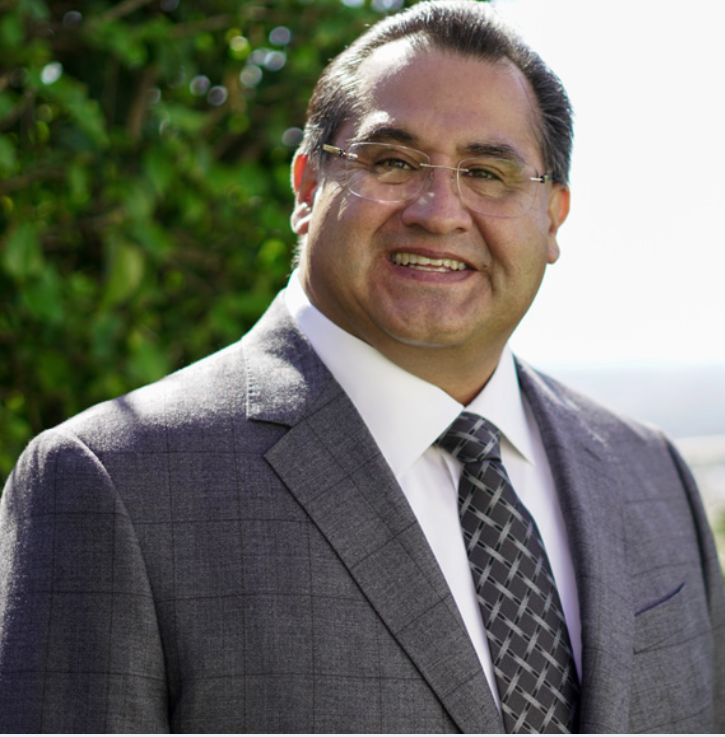A bill to establish California Native American Day—celebrated annually on the fourth Friday of September—as a paid holiday for state employees advanced unanimously today in the Assembly Committee on Public Employment and Retirement. Introduced by Assemblymember James C. Ramos (D-San Bernardino), AB 989 had previously passed the Assembly Governmental Organization Committee.

Ramos, a member of the Serrano/Cahuilla tribes, made history as the first California Native American elected to the state legislature in nearly 175 years. He has been advocating for this recognition since 1998.
“I was a San Manuel council member when I started working toward this goal with Senator Joe Baca Sr." Ramos said. “This is one more step forward in recognizing and building knowledge about the history, culture and contributions of California’s Native Americans.”
In 2021, Ramos successfully authored AB 855, which established California Native American Day as a paid judicial holiday. However, that legislation did not extend to other state employees due to differences in statutory authority. “California Native American history is California history,” Ramos added. “The current unpaid designation falls short in honoring the state’s First People and their deep, enduring connection to these lands.”
The bill is sponsored by the California Native Vote Project. Calvin Hedrick (Mountain Maidu), the organization’s Director of Organizing, emphasized the broader significance of the legislation. “Making California Native American Day a paid state holiday is more than symbolic—it’s a long-overdue recognition of Native sovereignty, resilience, and enduring contributions,” Hedrick said. “AB 989 sends a powerful message that California values truth, inclusion, and equity. We are grateful for Assemblymember Ramos’ leadership in advancing justice for Native communities.”
The bill has garnered support from a broad coalition of tribes and organizations, including the Blue Lake Rancheria Tribe of California, Cahuilla Band of Indians, California Consortium for Urban Indian Health, Chalon Indian Nation (California and Bakersfield chapters), Elk Valley Rancheria, Iipay Nation of Santa Ysabel, Indigenous Justice, Mongo Band of Mission Indians, Riverside-San Bernardino County Indian Health, Inc., Native Development Network, and the Society for California Archeology.
More Stories Like This
Native News Weekly (August 25, 2024): D.C. BriefsNavajo Nation Mourns the Passing of Former Vice President Rex Lee Jim
Deb Haaland Earns Endorsement From Communications Workers of America Local 7076
University Soccer Standout Leads by Example
Two Native Americans Named to Democratic Congressional Campaign Committee's“Red to Blue” Program
Help us defend tribal sovereignty.
At Native News Online, our mission is rooted in telling the stories that strengthen sovereignty and uplift Indigenous voices — not just at year’s end, but every single day.
Because of your generosity last year, we were able to keep our reporters on the ground in tribal communities, at national gatherings and in the halls of Congress — covering the issues that matter most to Indian Country: sovereignty, culture, education, health and economic opportunity.
That support sustained us through a tough year in 2025. Now, as we look to the year ahead, we need your help right now to ensure warrior journalism remains strong — reporting that defends tribal sovereignty, amplifies Native truth, and holds power accountable.
 The stakes couldn't be higher. Your support keeps Native voices heard, Native stories told and Native sovereignty defended.
The stakes couldn't be higher. Your support keeps Native voices heard, Native stories told and Native sovereignty defended.
Stand with Warrior Journalism today.
Levi Rickert (Potawatomi), Editor & Publisher


